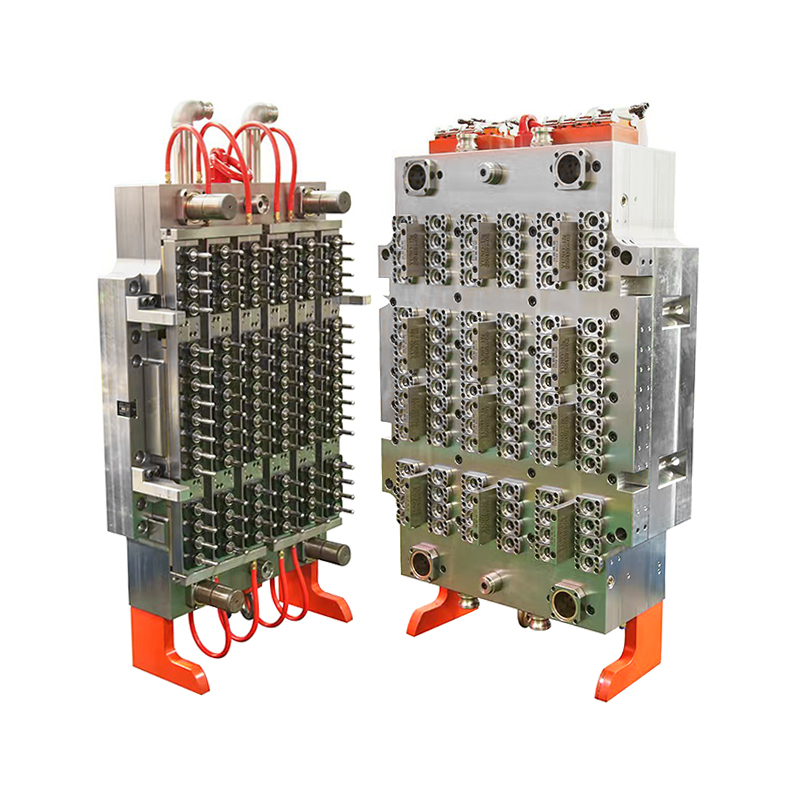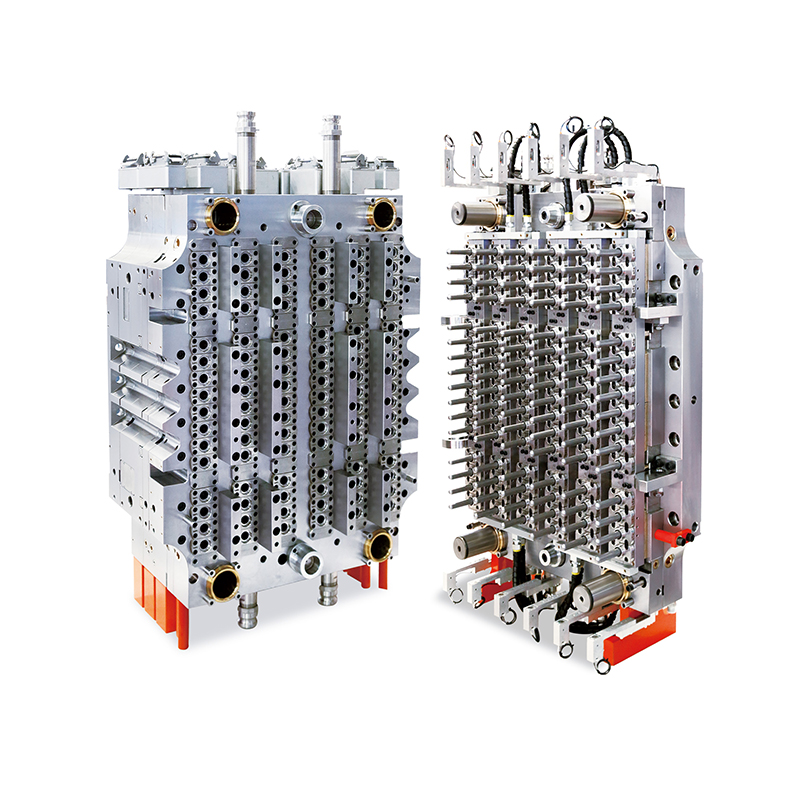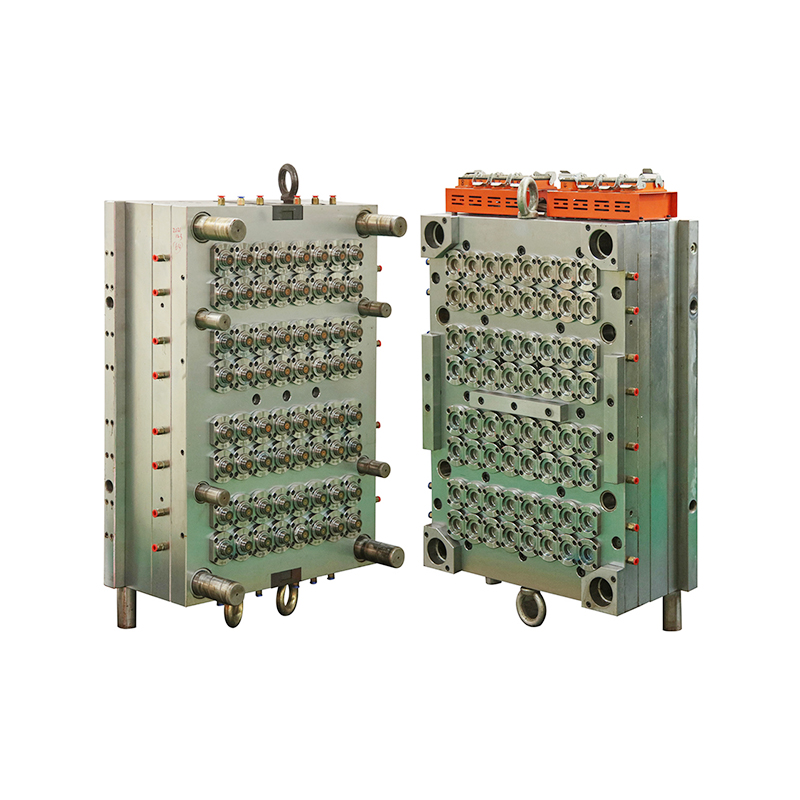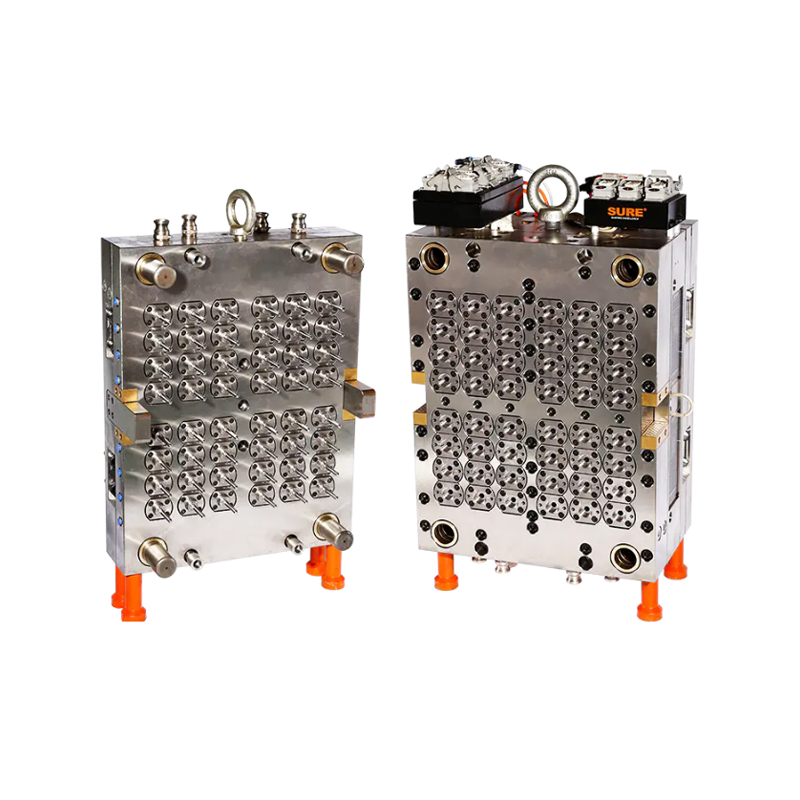No.148 Yongda Road, Jiangkou Street, Huangyan, Taizhou, Zhejiang, China.
In the fast-evolving packaging industry, PET jars have become a choice for a broad spectrum of applications—from food and cosmetics to pharmaceuticals and specialty chemicals. The rising consumer demand for durable, lightweight, and visually appealing containers has spurred innovations in manufacturing processes, with the 12-Cavity PET Jar Preform Mold emerging as a key contributor to production efficiency and product quality.
Designed with exacting precision, this mold delivers consistent preforms that form the foundation of jar packaging, enabling manufacturers to meet stringent quality requirements and optimize their operational workflows.
Addressing the Needs of Jar Packaging Manufacturers
PET jars differ from typical bottles primarily due to their wide-mouth openings and unique design specifications. These containers require preforms with precise neck finishes and consistent dimensions to ensure reliable sealing and usability.
The 12-cavity mold is engineered specifically to cater to these demands. With twelve cavities operating simultaneously, it balances throughput with stringent control over dimensional accuracy—helping manufacturers deliver jars that perform well on filling lines, during transport, and on retail shelves.
Precision Engineering for Consistency and Quality
A hallmark of the 12-cavity PET jar preform mold is its focus on tight tolerances, especially regarding the mouth opening diameter and thread profiles. Consistency in these areas is crucial; deviations can cause difficulties in blow molding, to rejects, downtime, or defective products.
Utilizing advanced CNC machining and simulation-driven mold design, the mold ensures uniform wall thickness and exact neck dimensions across all cavities. This uniformity helps avoid common defects such as air traps, uneven stretching, or sealing failures.
Such meticulous engineering not only enhances the final jar’s structural integrity but also improves aesthetics—critical factors for consumer appeal in competitive markets like cosmetics and gourmet foods.
Boosting Production Efficiency
While offering precision, the 12-cavity mold also supports increased productivity by producing multiple preforms per injection cycle. This balance allows medium to large-scale manufacturers to optimize their production capacity without the complexity and costs associated with ultra-high-cavity molds.

Moreover, the mold’s design facilitates rapid cycle times and smooth resin flow, thanks to carefully engineered runners and cooling channels. These factors contribute to shorter molding cycles, reduced energy consumption, and higher throughput—all important for meeting tight delivery schedules.
Versatility for Various Jar Sizes and Materials
Manufacturers often face the challenge of producing jars in multiple sizes or configurations to meet diverse market needs. The 12-cavity mold offers the flexibility to accommodate different preform weights, neck finishes, and resin types, including food-grade PET and recycled PET (rPET).
This adaptability enables quick mold changeovers and supports sustainable packaging initiatives by allowing the integration of recycled content without compromising product quality.
Durability Designed for Continuous Use
Injection molds endure high pressures and temperatures during operation, so durability is essential for minimizing downtime and maintenance costs. The 12-cavity PET jar preform mold is built from tool steels treated for wear resistance and corrosion protection.
Its modular cavity design allows for straightforward maintenance or replacement of individual components, ensuring that manufacturers can maintain consistent production without lengthy interruptions.
Enhancing Sustainability in Packaging
Sustainability is reshaping packaging design and manufacturing. The 12-cavity mold contributes by enabling precise control over preform weight and thickness, allowing companies to develop lightweight jars that reduce material use and carbon footprint.
Additionally, the mold’s compatibility with rPET supports circular economy efforts, helping brands meet environmental regulations and consumer expectations for responsible packaging.
Integration with Modern Manufacturing Technologies
Modern production lines demand seamless integration of molds with automation and quality control systems. The 12-cavity PET jar preform mold is compatible with robotic part handling, automated inspection, and real-time process monitoring technologies.
Such integration enables manufacturers to optimize cycle times, reduce human error, and maintain consistent quality—key factors in highly regulated industries like pharmaceuticals and food packaging.


 英语
英语 法语
法语

















